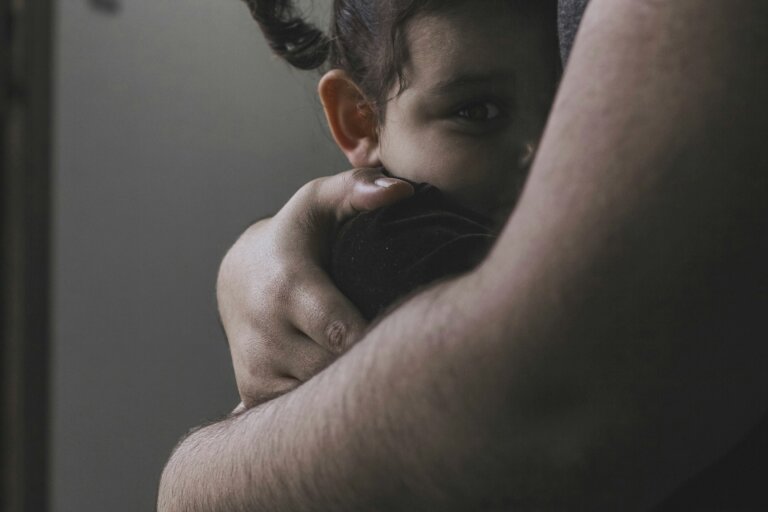In the recent custody decision Matter of Christina E. v. Clifford F., 200 A.D.3d 1111 (3d Dept. 2021), the Appellate Division, Third Department upheld the Family Court’s order granting joint legal custody of a child, with primary physical custody to the mother, despite allegations of corporal punishment and sibling conflict in the mother’s home. This decision highlights how courts evaluate parenting fitness, co-parenting cooperation, and sibling dynamics under the “best interests of the child” standard.
At The Gilmer Law Firm, PLLC, we assist Brooklyn families with custody matters where each parent’s strengths, weaknesses, and parenting history must be carefully considered. This case demonstrates how complex custody disputes are resolved, even when both parties appear equally invested in their child’s well-being.
The Facts of the Case
The parties, who are the unmarried parents of a child born in 2014, lived together in Columbia County with the mother’s three older children from another relationship. After separating in 2018, the mother moved with the children to nearby Rensselaer County. The child alternated between both homes before the mother filed a petition seeking joint legal and primary physical custody in October 2018. The father cross-petitioned for sole residential custody, alleging improper discipline and lack of supervision by the mother.
Following a fact-finding hearing, the Family Court granted joint legal custody and awarded the mother primary physical custody, with the father receiving parenting time every other week. The court designated the Berlin Central School District for the child’s preschool enrollment.
The Father’s Appeal and the Appellate Division’s Ruling
On appeal, the father challenged the award of primary physical custody to the mother, arguing that the Family Court erred by not properly considering safety concerns related to the child’s half siblings. However, the Appellate Division found that “Family Court’s determination to award the parties joint legal custody of the child, with primary physical custody to the mother, has a sound and substantial basis in the record” (Matter of Christina E. v. Clifford F., 200 A.D.3d 1111, 1112 [3d Dept. 2021]).
The court reiterated that “the dispositive inquiry in an initial custody determination is the best interests of the child,” which includes evaluating “each parent’s past performance, fitness and ability to maintain a stable home environment and provide for the child’s overall well-being, as well as the parents’ respective willingness to foster a positive relationship between the child and the other parent” (id., quoting Matter of Megan UU. v. Phillip UU., 193 A.D.3d 1287, 1288 [3d Dept. 2021]).
The Role of Sibling Dynamics and Co-Parenting
The Appellate Division acknowledged the Family Court’s concern about the mother’s older children “pinch[ing], push[ing][and] shove[d]” the child, but supported the court’s directive that the mother “double her efforts” in addressing the issue. The court emphasized that there are “inherent benefits from living with siblings,” and that such concerns did not outweigh the mother’s demonstrated involvement in the child’s life and education (id. at 1113).
Importantly, the court noted that joint legal custody is “an aspirational goal in every custody matter” and was appropriate here because the parties had managed to “stick to a custody schedule of their own design” for months and demonstrated “a modicum of communication and cooperation” (id., quoting Matter of Stephen G. v. Lara H., 139 A.D.3d 1131, 1132–1134 [3d Dept. 2016]).
Primary Custody Affirmed: No Abuse Found
The father’s allegations of corporal punishment were investigated and found to be unfounded by Child Protective Services. The Appellate Division emphasized that while both parents were fit and employed with stable housing, the mother had been the child’s primary caregiver and took active steps to support the child’s education, health, and emotional well-being. The court concluded that “we cannot conclude that Family Court’s determination to award the mother primary physical custody lacks a sound and substantial basis in the record” (id. at 1115).
Why This Case Matters
This case underscores the importance of parenting cooperation, the court’s emphasis on stability, and the nuanced view judges take regarding sibling conflict and disputed discipline. While the father raised legitimate concerns, the mother’s overall parenting efforts and the child’s continuity of care tipped the scale.
At The Gilmer Law Firm, PLLC, we guide clients through complex custody matters with a focus on advocacy, strategy, and protecting your parental rights.
Contact our Brooklyn office today at 718-864-2011 to schedule a consultation. Let our experience help you secure the best outcome for your family.

